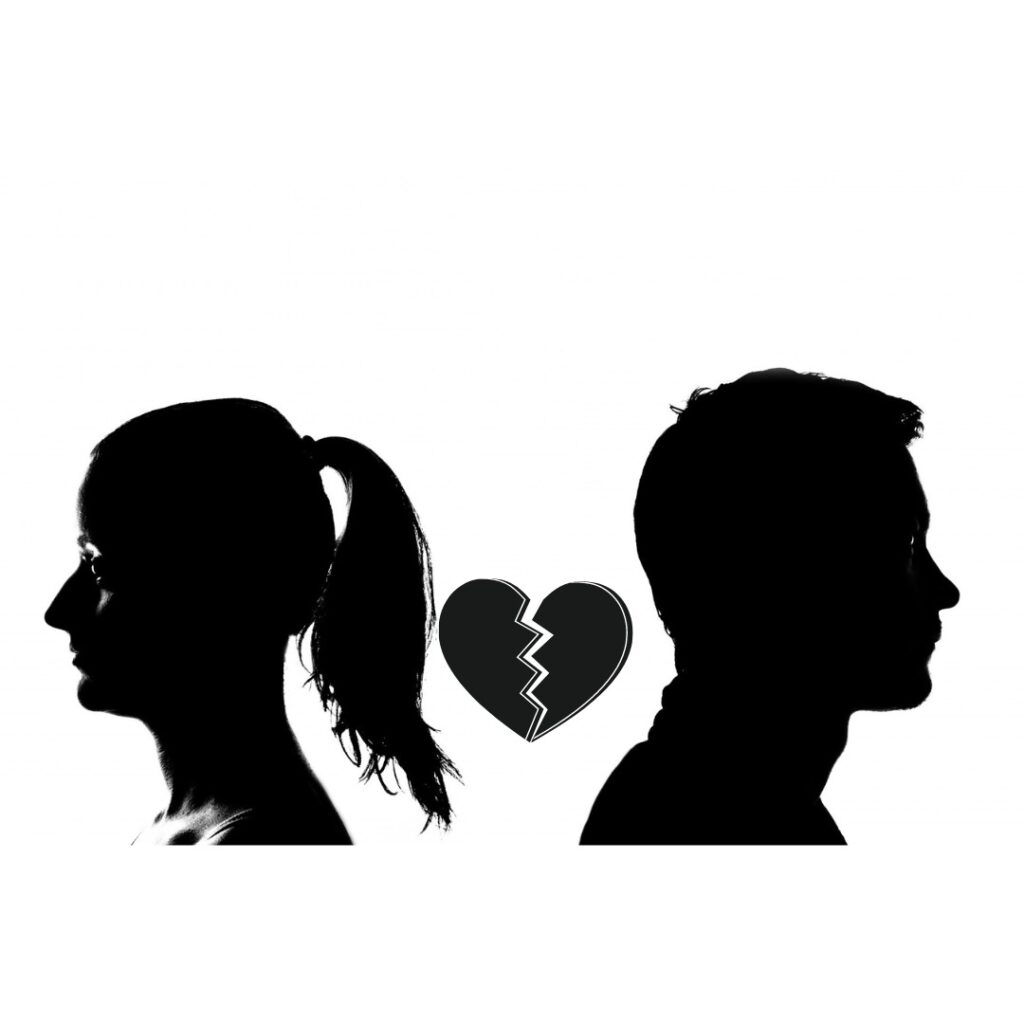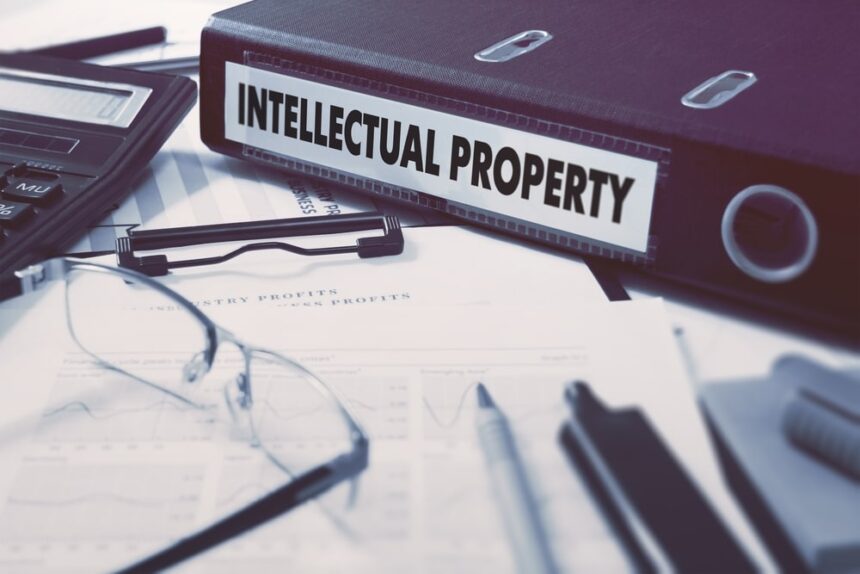PUBLIC OPINION ON DIVORCE: “TILL DEATH DO US PART” SYNDROME (Part 1)
By: Victory Sarah Opawoye

In the realm of relationships, divorce can emerge as a tempestuous storm, testing the strength of even the most steadfast couples.
When Emily and Mark made the painful choice to divorce, they found themselves caught in a maelstrom of emotions. The love that once united them is now mingled with hurt, anger, and confusion. What followed was a rollercoaster of emotions as they wrestled with the aftermath of their decision. (What will the society say? What becomes of our children? Who gets to keep custody? How do we split our assets? Does this affect our career?).
The comfort they once found in each other was replaced by the unfamiliar terrain of separation, leaving them to confront the void that had formed. Their journey through the divorce process was punctuated by moments of heartache and introspection. Yet, amidst the chaos, Mark and Emily demonstrated remarkable resilience. They sought therapy to help navigate the complexities of their evolving relationship, learning to communicate in new ways as co-parents and former partners. Their journey wasn’t without setbacks; tears were shed and tempers flared, but through it all, they displayed a shared commitment to minimizing the collateral damage for the sake of their children.
Mark and Emily’s story illustrates the intricate nature of divorce, revealing the emotional endurance required to disentangle lives once so deeply intertwined. Their case study underscores the necessity of seeking support, be it from therapists, friends, or support groups, as a means of finding the strength to weather the storm. By facing their vulnerabilities head-on, they paved the way for a new chapter—one defined by healing, growth, and the potential for renewed happiness. In a world where divorce can be shrouded in stigma and isolation, the tale of Mark and Emily encourages empathy and understanding. It serves as a reminder that beneath the legal proceedings lies a human narrative, fraught with complex emotions and the aspiration for a brighter future beyond the stormy seas of divorce.
A petition for the dissolution of marriage under the Matrimonial Causes Act is a suit of solemn nature requiring strict compliance and enjoining a high degree of proof.
Dissolution of marriage is the process of terminating a marriage, commonly known as divorce, which terminates the marital rights and responsibilities between couples.
In Nigeria, there are two types of marriage:
- Statutory Marriage
- Customary Marriage
Statutory marriage is a union between a man and woman under the act. This is usually done at the court registry or at a licensed place of worship. The Supreme Court in the case of ANYAEGBUNAN v ANYAEBUNAN[1] held that a certificate of marriage issued by a church would not be evidence of marriage unless it can be shown that the required license for the registration of marriage was produced, and the certificate was in the form prescribed by the act.
The major laws regulating the dissolution of marriage in Nigeria are:
a. Matrimonial Causes Act CAP M7 LFN 2004
b. Marriage Act CAP M6 (LFN 2004)
In the Nigerian legal system, a marriage can only be dissolved by either the death of a partner or a court order. The divorce process is the procedure to follow to obtain a court order. This cannot be done without the services of a lawyer. Considering the two types of marriages established above, you must know the type of marriage you have, as this will determine which laws will apply to the termination of the marriage contract. The divorce process commences when a divorce petition is filed.
PUBLIC OPINION ON DIVORCE
The idea of divorce in our society is not a welcomed one, and married couples are expected to stay true to their vows, irrespective of any form of discrepancies. I call it a ‘Till death do us part’ Syndrome. Getting a divorce was not even an option due to the stigma from society, the gossip, and concerns about the welfare of the children. This has caused many to stay in abusive marriages.
Public opinion on divorce has undergone a substantial evolution over the years, reflecting shifting societal norms and values. Once heavily stigmatized, divorce is now often viewed through a lens of acceptance and understanding. In contemporary society, a majority recognizes that relationships can be intricate, and not all unions are meant to last indefinitely. While a segment of the population still adheres to traditional values that emphasize the sanctity of marriage, there is a prevailing sentiment that individuals should have the autonomy to make choices that align with their personal well-being. Many perceive divorce as a means of escaping toxic or unfulfilling partnerships, particularly when efforts to reconcile have proven futile.
However, despite growing acceptance, debates continue regarding the impact of divorce on families, especially children. Concerns about the emotional and psychological toll on children can lead some to hold reservations about divorce. Additionally, religious beliefs and cultural backgrounds can significantly shape attitudes, with some communities maintaining a more conservative outlook. In essence, public opinion on divorce is a complex interplay of modern ideals and age-old values. As society becomes more attuned to individual freedoms and personal happiness, divorce is increasingly viewed as a valid option in the tapestry of relationships.
Yet, discussions around the implications for families and the broader social fabric persist, reflecting the nuanced perspectives that contribute to the ongoing discourse.
As a result of changes in values and for safety reasons, divorce has slowly been accepted in Nigerian society. It is advisable to divorce your spouse if the marriage threatens your physical and mental health, for instance, in cases of domestic violence; it’s best to know when to walk away.
Section 11 of the Matrimonial Causes Act mandates the court not to be hasty in dissolving a marriage. The court may set up mediation or arbitration counseling to see if the couples can sort out their differences. Where reconciliation is impossible, the petition will be granted by the court. For a marriage to be dissolved, the court must determine that the marriage has irretrievably broken down.
If you’re considering divorce, seeking assistance from a law firm can be beneficial. A law firm with expertise in family law can provide valuable guidance through the legal aspects of the process, such as property division, child custody, and spousal support. They can help you understand your rights and responsibilities, and work to achieve a fair and equitable resolution. Additionally, a law firm can provide emotional support by guiding you through the complexities of divorce and helping you make informed decisions during a challenging time.
Ultimately, whether divorce is a “bad thing” or not is subjective. It’s a significant life decision that should be made after careful consideration of all factors involved, including personal well-being, family dynamics, and legal implications. Seeking advice from professionals, such as lawyers and therapists, can help you navigate this process with clarity and support.




